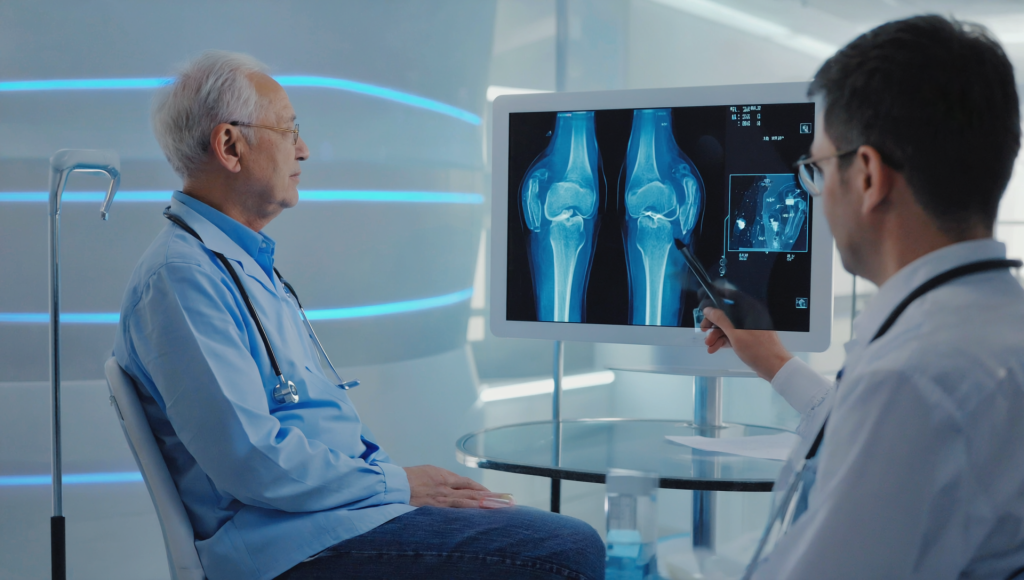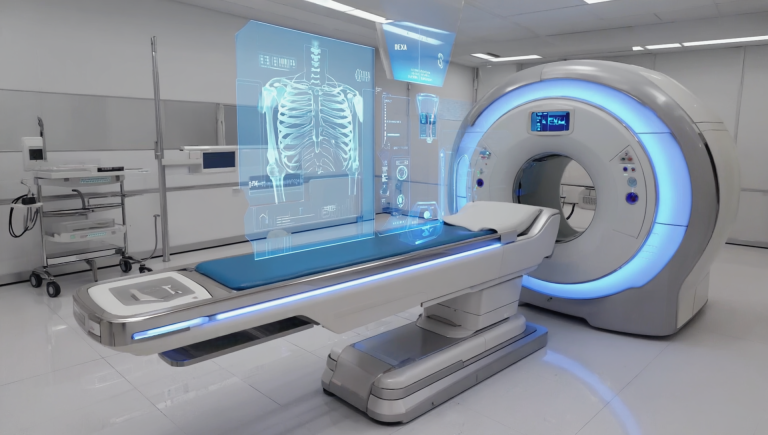Innovative Arthritis Treatments to Watch in 2025: A Comprehensive Overview

Arthritis remains one of the most common and debilitating chronic conditions affecting millions of people worldwide. In 2025, innovative treatments and emerging therapies offer new hope for those living with this painful disease. This comprehensive overview explores the latest advancements in arthritis treatment, ranging from cutting-edge pharmaceutical innovations to integrative and holistic approaches. By understanding these developments, patients and healthcare professionals can make more informed decisions to improve quality of life and manage symptoms effectively.
The rising prevalence of arthritis, particularly among aging populations, underscores the urgent need for treatments that go beyond symptom management and address the underlying causes of joint degeneration and inflammation. As research progresses, new treatment modalities are emerging that have the potential to significantly alter the course of the disease. In this article, we delve into the multifaceted world of arthritis treatments, highlighting breakthroughs that promise a brighter future for patients.
Understanding Arthritis and Its Impact
Arthritis is an umbrella term that encompasses over 100 different types of joint disorders, with osteoarthritis and rheumatoid arthritis being the most prevalent. Osteoarthritis is primarily characterized by the wear and tear of cartilage, leading to joint pain and stiffness, while rheumatoid arthritis is an autoimmune disorder where the immune system attacks the joints, resulting in inflammation and joint damage.
The impact of arthritis extends beyond physical pain; it can affect mobility, mental health, and overall quality of life. Chronic pain, limited movement, and the emotional toll of living with a long-term condition make arthritis a major public health concern. As the global population ages, the number of individuals affected by arthritis is expected to rise, making the development of effective treatments even more critical.
Furthermore, arthritis imposes a significant economic burden on healthcare systems due to the high costs associated with long-term care, medications, and hospitalizations. This has spurred researchers and clinicians to explore innovative treatment options that not only alleviate symptoms but also slow down or reverse disease progression.
Emerging Pharmaceutical Innovations
One of the most promising areas in arthritis treatment is the development of new pharmaceutical therapies. Recent years have seen the advent of biologics, which are engineered proteins that target specific components of the immune system. These drugs have revolutionized the treatment of rheumatoid arthritis by reducing inflammation and preventing joint damage more effectively than traditional medications.
In addition to biologics, researchers are exploring small molecule inhibitors, such as Janus kinase (JAK) inhibitors, which offer a novel mechanism of action by interfering with the signaling pathways involved in inflammation. These drugs have shown great promise in clinical trials, demonstrating significant improvements in joint function and a reduction in pain.
Furthermore, combination therapies that integrate traditional disease-modifying antirheumatic drugs (DMARDs) with newer agents are being studied to maximize therapeutic benefits while minimizing side effects. Personalized medicine approaches, where treatments are tailored based on an individual’s genetic makeup and disease profile, are also gaining traction, promising more effective and targeted interventions.
Advanced Therapeutic Approaches
Beyond pharmaceuticals, advanced therapeutic approaches are emerging that hold the potential to transform arthritis treatment. Regenerative medicine, particularly stem cell therapy, is at the forefront of this innovation. Stem cells have the unique ability to differentiate into various types of cells, including cartilage and bone cells, offering the possibility of repairing damaged joints and restoring function.
Gene therapy is another area of active research, aiming to address the genetic factors that contribute to arthritis. By targeting specific genes involved in inflammatory processes, scientists hope to develop treatments that not only alleviate symptoms but also modify the disease course at a molecular level.
Platelet-rich plasma (PRP) injections, which use a patient’s own blood components to stimulate healing, are also being refined and tested in clinical settings. Although still in the early stages of research, these innovative therapies offer a glimpse into the future of personalized and regenerative treatment strategies for arthritis.
Non-Pharmaceutical and Integrative Approaches
While pharmaceutical and advanced therapeutic options are rapidly evolving, non-pharmaceutical and integrative approaches continue to play a crucial role in managing arthritis. Physical therapy and regular exercise have long been recommended to maintain joint mobility and reduce pain. Tailored exercise programs, including strength training, low-impact aerobics, and stretching, help to improve flexibility and overall physical function.
Dietary interventions are another important component of a holistic approach to arthritis care. Research has shown that anti-inflammatory diets, rich in omega-3 fatty acids, antioxidants, and phytonutrients, can help reduce inflammation and alleviate joint pain. Foods such as fatty fish, leafy greens, nuts, and berries are often recommended as part of a balanced diet for arthritis patients.
Complementary therapies such as acupuncture, massage, and mindfulness meditation are also gaining popularity. These practices can help manage pain, reduce stress, and improve mental well-being, which is essential for overall disease management. Integrative medicine, which combines conventional treatments with these alternative approaches, offers a comprehensive strategy that addresses both the physical and emotional aspects of arthritis.
Clinical Trials and Research Frontiers
Ongoing clinical trials are a critical component of advancing arthritis treatment. Researchers worldwide are conducting studies to evaluate the safety and efficacy of new drugs, biologics, and therapeutic approaches. These trials not only provide valuable data on treatment outcomes but also offer patients access to cutting-edge therapies that might otherwise be unavailable.
Recent clinical trials have focused on innovative treatment combinations, such as pairing JAK inhibitors with biologics, to enhance therapeutic effects while reducing side effects. Other studies are investigating the long-term benefits of regenerative therapies like stem cell injections and gene therapy. The results of these trials are eagerly awaited by both the medical community and patients, as they have the potential to set new standards in arthritis care.
In addition, advancements in imaging and diagnostic technologies are improving our ability to monitor disease progression and treatment responses. High-resolution MRI and ultrasound techniques enable clinicians to visualize joint structures in detail, facilitating early intervention and more precise adjustments to treatment plans.
Future Directions and Potential Breakthroughs
Looking ahead, the future of arthritis treatment appears promising. The integration of artificial intelligence and machine learning into medical research is accelerating the discovery of new therapeutic targets. Predictive analytics and big data are being used to identify patient subgroups that are more likely to respond to specific treatments, paving the way for personalized medicine.
Furthermore, the convergence of digital health technologies with traditional therapies is opening new avenues for patient care. Telemedicine, wearable devices, and mobile health applications enable continuous monitoring of patient symptoms and treatment adherence, leading to more proactive and responsive care management.
As research continues to uncover the complex biological mechanisms underlying arthritis, future treatments may include even more targeted therapies that not only relieve symptoms but also address the root causes of the disease. This could lead to the development of curative interventions, fundamentally changing the landscape of arthritis management.
The collaborative efforts of researchers, clinicians, and biotechnology companies are essential in driving these innovations forward. With sustained investment in research and a commitment to patient-centered care, the next generation of arthritis treatments promises to enhance quality of life for millions around the globe.
In summary, 2025 is poised to be a landmark year for arthritis treatment, characterized by rapid advancements and innovative approaches that are transforming patient care. From revolutionary pharmaceutical therapies and regenerative medicine to integrative and digital health solutions, the future of arthritis treatment offers hope and improved outcomes. As the medical community continues to explore these new frontiers, patients can look forward to more effective, personalized, and comprehensive care strategies that address both the symptoms and underlying causes of arthritis.





